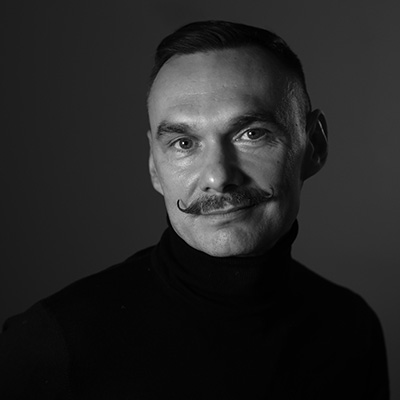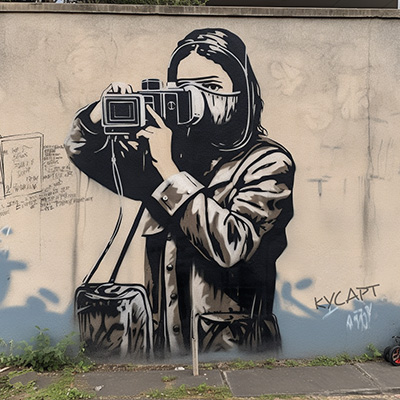
Askold Kurov, Anonymous1 | Germany, 2024, 88'
Putin had been preparing his country for the big war long before it started. Since 2012, a series of repressive laws were passed by the Government labelling everyone who publicly disagreed with the official narrative as "foreign agent", a traitor of Russia. In these circumstances, a group of independent Russian media and activists with two Nobel Peace Prize winners Dmitriy Muratov of "Novaya gazeta", and NGO "Memorial" among them are trying to resist and continue their work. Right after the invasion, another series of repressive laws is passed and overnight their work becomes virtually impossible. The journalists and activists are threatened with long prison sentences and forced to make difficult moral choices in the midst of total war censorship: should they stay or leave the country, should they go to jail or save their team, should they adapt to the new reality or stay true to their principals and close their media? Shot during one decisive year, before and after the invasion, the film portrays the last defenders of democracy in Russia and gives a glimpse of hope for another future.

Born in Uzbekistan in 1974, now based in Turkey. In 2010 took a degree in documentary filmmaking at the Marina Razbezhkina Film School in Moscow. In 2012 he was one of the directors of the award-winning documentary «Winter, Go Away!». His next films «Leninland», «Children 404» and «The Trial: The State of Russia vs Oleg Sentsov» also won critical acclaim and screened at numerous festivals. His work focuses on human rights issues and social conflicts in contemporary Russia.

A Russian independent journalist and documentary filmmaker. Their name is not being released for security reasons: the author remains in Russia and continues to document what is happening to people under conditions of dictatorship and militarism. With the start of the war in Ukraine, new Russian laws have introduced military censorship, criminalizing journalism as a profession. For the evidence presented in this film, the author faces up to 15 years in prison in their home country of Russia.